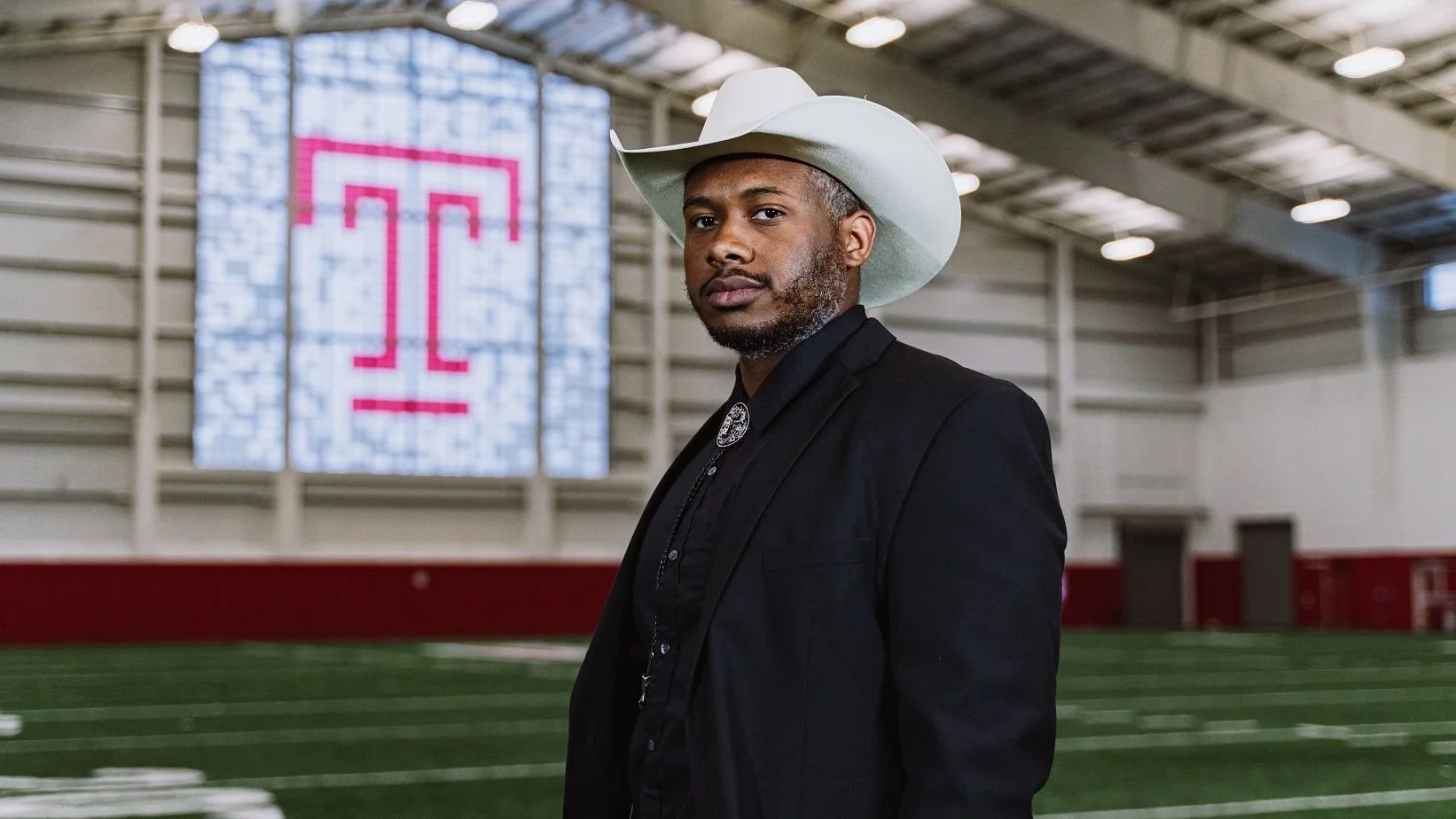Temple University study shows how Black college athletes alter self-presentation to avoid biases
The experience of black athletes at PWIs, specifically Division FBS institutions, has been a point of conversation for decades. On many campuses, athletes are easy to spot and categorize based on their size or apparel. For black athletes, who can often make up half of the black population on PWI campuses, the categorization process can be even more aggressive.
Some of the key findings from Howe’s research revealed how black athletes feel a need to change who they are in order to either assimilate into or succeed in their environment, represented by the actions below:
Black athletes often altered their self-presentation in predominantly white settings to avoid feeding into biased assumptions. For instance, participants would often dress up for class to avoid the “dumb jock” stereotype.
Black athletes do not share their personal stories with coaches or trainers, as they do not want to look vulnerable to have that information potentially used against them.
While Black athletes often alter their self-presentation, that does not mean they are being inauthentic. Rather, they are often just protecting themselves from potential emotional harm or criticism.
This added layer of consideration runs the risk of creating a buffer between who a student-athlete wants to become and who they feel like they’re able to become. Howe’s research aims to better understand where those pain points exist, and give tangible suggestions on how academic settings can improve to support black athlete growth OFF the field as much as we emphasize growth on the field.
The study explores how a college experience differs between sports as well. For example, a black swimmer noted vastly different experiences than football players surveyed due to their sport community. Where football players could find more internal community amongst their team, swimmers were frequently 1 of 1 or 2 black athletes on the team and therefore had to adjust their self-presentation in a bigger way.
One of the key points Howe makes in his research as well is the idea that black athletes can be nervous about fulfilling a stigma that exists among the athlete population. Needing to ask a teacher to meet outside of regular office hours, or adjust a submission schedule due to a game conflict, is something that can be received in many different ways by faculty. The anxiety of that interaction - or reaction from a professor - led many athletes to avoid the interaction altogether which ultimately ended poorly for both student and staff.
Howe concludes his interview with the following quote, “Just as we do with other students, we need to see potential in college-athletes, and we need to talk about ways in which we can maximize that potential,” Howe said. “That may be talking with them after class, meeting with them over coffee or holding office hours with them, in which we talk about ways that we can maximize their potential. We have those discussions with students all the time, but why don’t we have those discussions with Black male college athletes? That is the question that we really need to be asking ourselves here in academia.”


